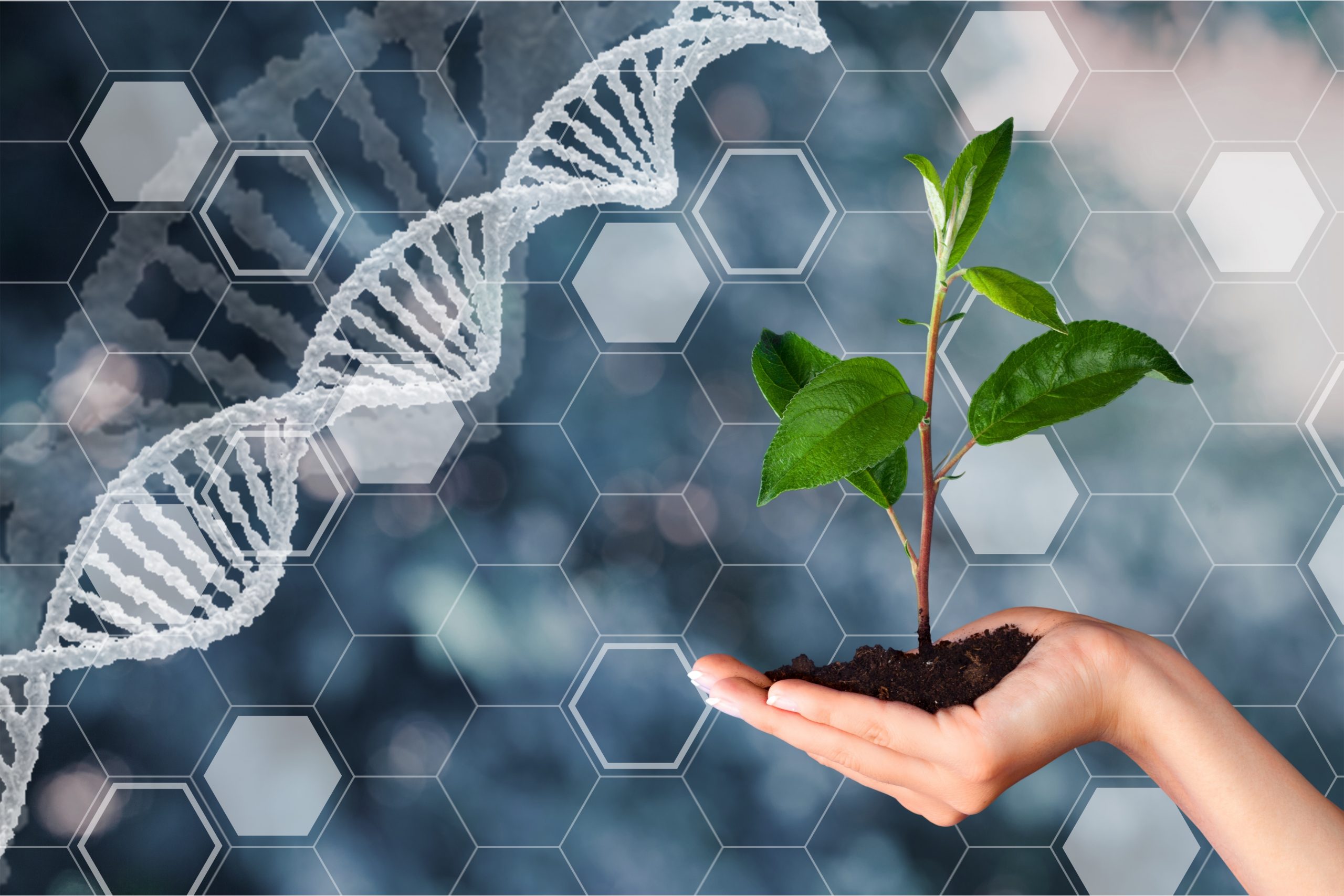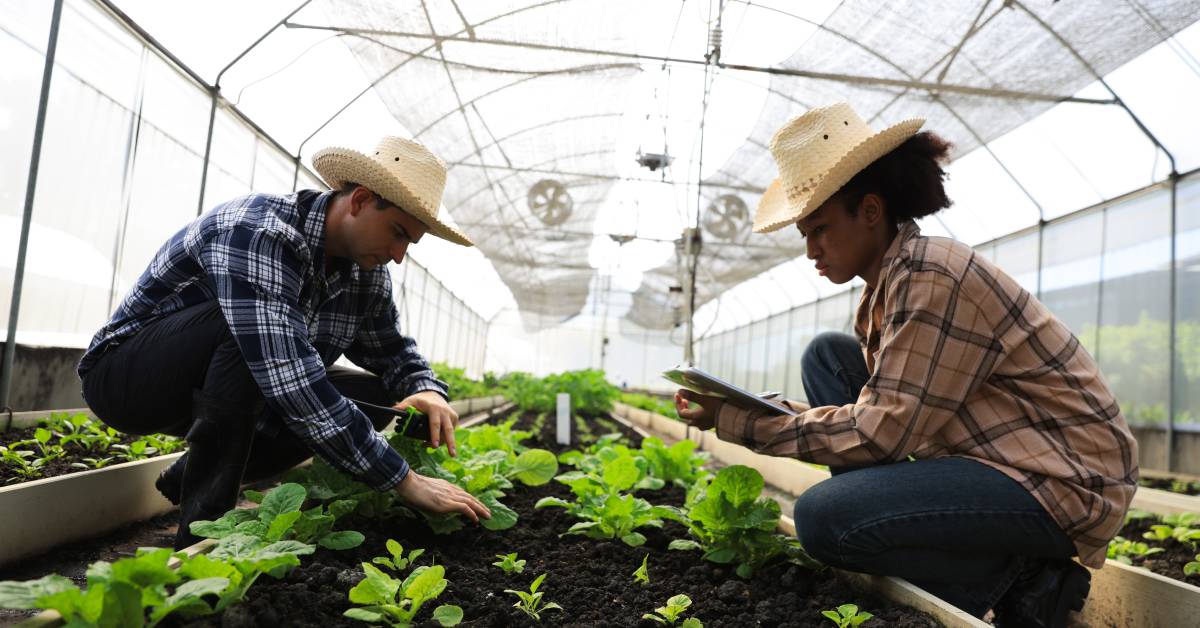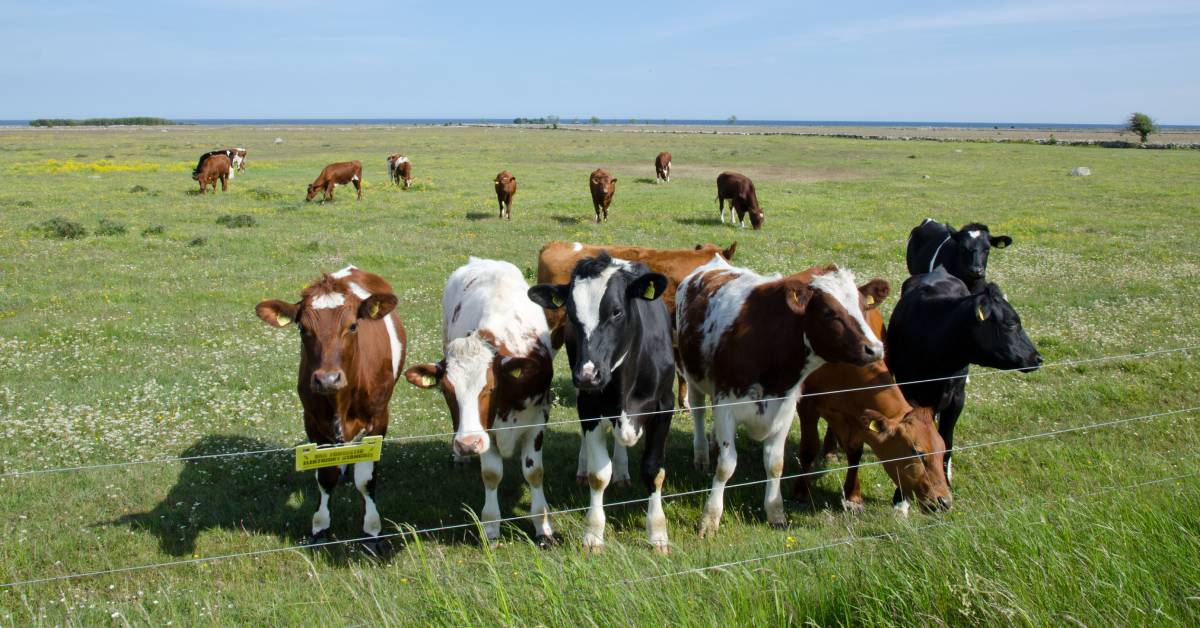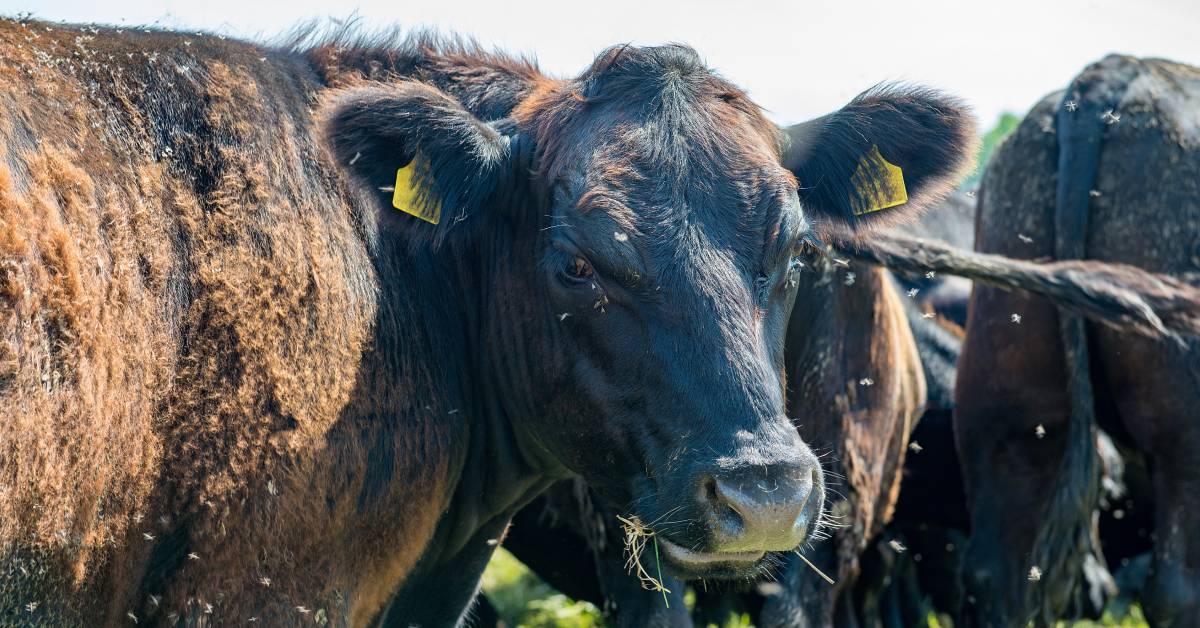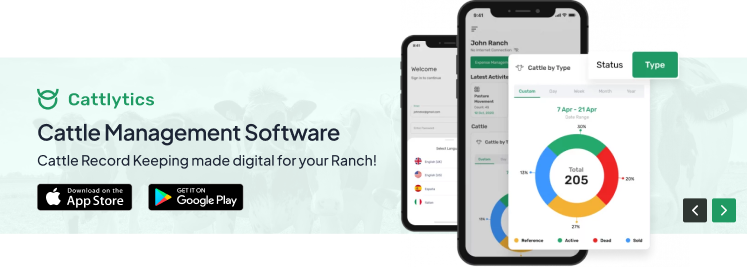Introduction:
In our ongoing quest for sustainable agriculture and global food security, there’s been a remarkable shift towards AI-driven plant breeding as a game-changing solution. The adoption of machine learning and generative AI has been nothing short of revolutionary, impacting various sectors, including agriculture. This transformation is poised to redefine the way we breed crops by using genomic sequencing and machine learning to identify crops with desirable traits and create climate-resilient varieties. In essence, it’s a leap forward from the traditional, resource-intensive methods of plant breeding.
AI-Powered Innovations in Plant Breeding:
TraitSeq: Optimizing Breeding Processes
Researchers at Norwich Research Park are at the forefront of commercializing their AI-driven software, TraitSeq. This remarkable tool combines RNA sequencing, machine learning to identify biomarkers, predict how specific crop traits will perform in diverse environmental conditions, and then edit genes accordingly using CRISPR technology. This innovation holds the promise of significantly improving cost-efficiency and speeding up crop development.
Bayer’s Precision Breeding Technology
Even industry giant Bayer has entered the arena with its “precision breeding” technology, which merges genomic sequencing and generative AI. This approach enables the creation of new crop varieties that are adaptable to various climates and meet consumers’ preferences in terms of size, flavor, and color.
Bayer underscores:
“Precision Breeding utilizes artificial intelligence (AI) technology to guide genetic changes and access a wealth of data. This empowers scientists to quickly and accurately pinpoint the necessary alterations to eliminate unfavorable plant traits or enhance desirable ones. Ultimately, precision breeding delivers customized seed varieties tailored to individual grower’s field conditions years ahead of schedule.”
Reflecting on the Legacy of the Green Revolution:
The Green Revolution, spanning the 1950s to the 1970s, is often celebrated as a pivotal moment in modernizing global agriculture. It placed a strong emphasis on developing high-yield crop varieties that could adapt to various conditions, coupled with the use of chemical fertilizers and pesticides. While it indeed led to a significant increase in global food production, it also brought about unintended consequences that continue to shape our agricultural landscape:
Environmental Impact: The excessive use of chemical inputs resulted in soil degradation, water pollution, and loss of biodiversity. The replacement of indigenous crops with monocultures heightened susceptibility to diseases and pests.
Social Inequality: Smallholder farmers often find it challenging to afford the necessary inputs, leading to reduced crop yields and exacerbating social inequalities within agricultural communities.
A Vision of the Future and Ethical Considerations:
AI-driven plant breeding holds tremendous potential for addressing the challenges inherent in conventional breeding methods in the face of a changing climate. However, as the rapid rise of generative AI raises pressing ethical questions, it’s crucial to examine the real issue that AI is intended to solve:
Access to Food: The persistent problem of global hunger, despite ample food production, is primarily a result of economic shocks triggered by conflicts. While technological advancements are vital, it’s essential to recognize that the root causes extend beyond climate adaptation alone.
Hallucinations in Generative AI: The possibility of AI-generated outputs deviating from reality raises concerns, particularly in the field of biotechnology and plant breeding. Such deviations could potentially result in suboptimal yields, inaccurate trait predictions, or unsuitable genetic combinations. These concerns also extend to CRISPR and genetically modified food.
A Call for Inclusivity and Democratic Development:
While the potential of AI-driven plant breeding has captured imaginations and attracted significant funding, it’s imperative to prioritize democratic and participatory development. The Green Revolution’s shortcomings, in part, stemmed from a lack of consideration for agro-environmental and socioeconomic factors. Thus, it’s essential to ensure that all stakeholders, including smallholder farmers, researchers, policymakers, and local communities, have a voice in shaping the future of AI-driven plant breeding and determining how and if it should be implemented.
Conclusion:
The integration of AI into plant breeding represents a remarkable opportunity to tackle global agricultural challenges. However, it’s crucial to navigate this path with ethical awareness, a focus on food access, and inclusive decision-making to ensure that the benefits of AI-driven plant breeding are equitably distributed, leading to a more sustainable and secure future for all.

